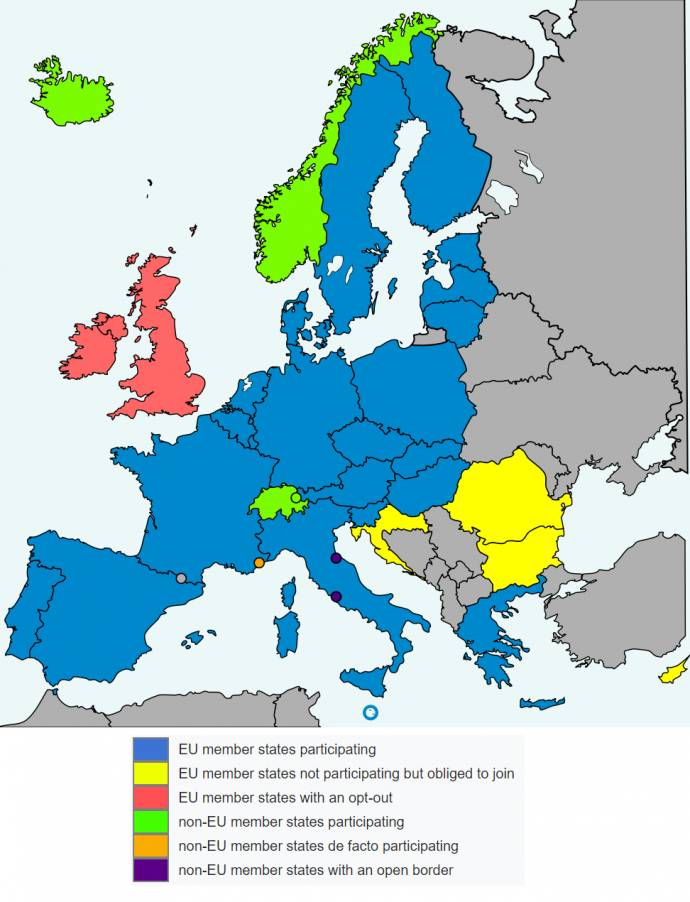The conference on security and humanitarian aspects of migrations was organised by Bosnia's Security Ministry and the International Organisation for Migration.
It backed the measures designed to better manage migrations which were endorsed by police commissioners from the region at their Wednesday meeting in Slovenia.
Some of the measures, proposed by Slovenia, are related to the region as a whole and partners in the EU, while others can be implemented by individual countries, Interior Ministry State Secretary Boštjan Šefic, who presented the measures in Sarajevo, told the STA.
He said that individual countries should consistently register all illegal migrants in the country, exchange information and prevent abuse.
The countries should also use the concept of a safe third country to speed up asylum requests processing and prevent abuse of asylum systems, the Slovenian Interior Ministry said in a press release.
Šefic is happy the measures were endorsed and made part of the resolutions of the Sarajevo conference, and urged all participants to implement them.
He said Slovenia was worried as the situation in the Western Balkans was worsening by the day, which resulted in a rise in asylum requests in Slovenia.
"What particularly worries us is the opening of the so-called Adriatic route which leads from Greece to Albania, Montenegro, Bosnia-Herzegovina, Croatia and then to Slovenia.
"The old migration route via Macedonia and Serbia and on to Croatia and Slovenia is ... still active, although not as much as in the past. This proves how well smugglers are organised," Šefic was quoted by the ministry as saying.
He reiterated Slovenia's stance that migrations should be stopped and controlled at source countries, which should be in turn helped in all possible ways.
If this does not happen, "we'll have to stop migrations at the EU's external border with much tougher measures", he said.
He believes tightening control along the Schengen external borders would affect the entire region, which nobody wants.
If a common approach to fight illegal migrations is not found, the entire region could well become a kind of a hot spot, such as those in Greece and Italy.
"Eventually this would present a major security risk," he stressed.
Šefic urged immediate action on the part of states, EU institutions and the international community to make sure the situation does not get out of control.
The conference was attended by deputy interior ministers or state secretaries from the region as well as Slovenia, Croatia, Austria, Greece and Hungary.







